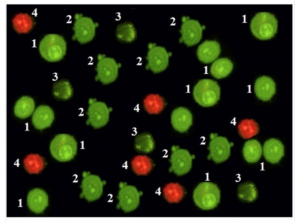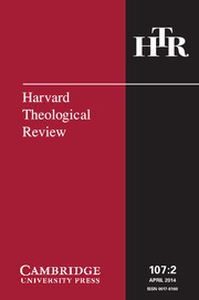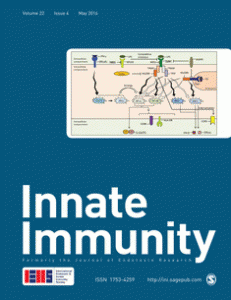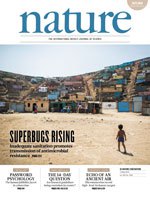
One journal has retracted a paper containing images that recently raised suspicions of obvious duplications, and another journal is planning to do the same.
Scientists first leveled accusations against the newly retracted paper in Scientific Reports, along with two others by the same researchers, earlier this month on Twitter. One other journal — PeerJ — has announced that it plans to retract one of the questioned papers, as well. The third paper, in Frontiers in Pharmacology, bears an expression of concern.
It was unusually quick action on the part of the journals, as well as the authors’ host institution, the University of Malaya, which announced last week the authors had manipulated figures in all three papers, along with one other.
Here’s today’s retraction notice from Scientific Reports for “Novel piperazine core compound induces death in human liver cancer cells: possible pharmacological properties:”

 Misconduct by a chemist at a Colorado lab run by the U.S. Geological Survey (USGS) has
Misconduct by a chemist at a Colorado lab run by the U.S. Geological Survey (USGS) has  The Leiden University Medical Center (LUMC) has asked a journal to retract two papers after revealing a former employee manipulated data.
The Leiden University Medical Center (LUMC) has asked a journal to retract two papers after revealing a former employee manipulated data.

 A U.S. judge has denied a virology researcher’s third attempt to overturn a seven-year debarment from receiving federal funds, following a 2010 decision by the U.S. Office of Research Integrity.
A U.S. judge has denied a virology researcher’s third attempt to overturn a seven-year debarment from receiving federal funds, following a 2010 decision by the U.S. Office of Research Integrity.

